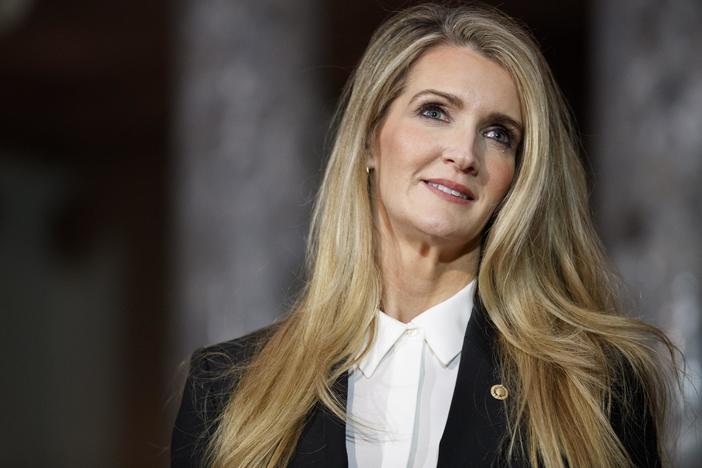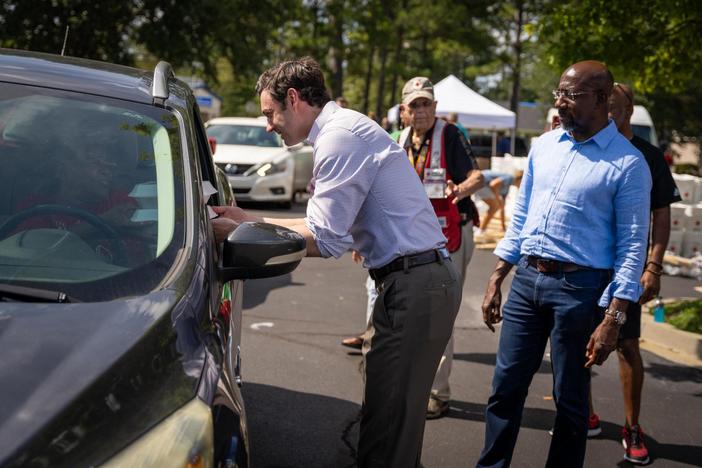Section Branding
Header Content
'Local elections are at risk': Warnock reintroduces legislation to stop election interference
Primary Content
Georgia U.S. Sen. Raphael Warnock reintroduced legislation in Congress on July 27 that would enforce new measures protecting local state election administrations from partisan interference and guarantee moral practices behind the challenges with voter registration.
The legislation comes after the Brennan Center released a study last month detailing that this year, at least 20 states have introduced about 78 bills centered on election interference. In 2022, Georgia was among the seven states that signed their bill into law, giving "more power to partisan actors to threaten or interfere with election workers or processes."
"This breeds confusion and chaos and it undermines the democratic process," Warnock told GPB.
Subversion means to undermine the power or authority of an established system or institution. In this case, the Preventing Election Subversion Act of 2023 would limit the baseless removal of local election officials by only allowing removals for cases of inefficiency, neglect of duty, or malfeasance in office, with a federal cause of action to enforce this standard.
After the 2020 election, partisan lawmakers requested a review of Fulton County's election administration to see if problems interfered with the election results. The panel found no significant problems and the State Election Board decided that local election officials would remain in charge of elections.
As mentioned in a statement from Warnock, "This widespread effort [by state officials] places local elections officials at risk of partisan subversion, interference, or control."
In the case that a state board of elections removes a local election official from overing federal elections, the bill would allow them to take the matter to federal district court for redress to remove the proceeding.
Warnock's bill also targets voter challenges placed on overworked local election officials.
"We saw in one case, about six people who were responsible for almost all of the challenges — hundreds of challenges, clearly targeted towards certain demographics in our state," Warnock said.
A ProPublica study reported that since passage of Senate Bill 202, Georgia's Election Integrity Act of 2021, a bill that made significant changes to how the state handles elections, right-wing activists have submitted about 89,000 out of 100,000 voter registration challenges.
Warnock said the bill shows that some individuals in Georgia want to introduce challenges to the rights of citizens to vote.
“We’ve seen through SB 202, through the Georgia Legislature, bad actors in Georgia putting forward frivolous and fraudulent challenges to the voting rights of ordinary people," he said.
The Preventing Election Subversion Act legislation would overpower voter registration challenges by "requiring that any challenges to a voter's eligibility to register to vote or cast a ballot, other than those submitted by an election official, must be supported by personal knowledge with respect to each individual challenged."
Warnock wants to prevent the targeting of specific demographics because of their beliefs may be and what background they comes from.
“I don’t want to see students targeted because people assume that they will vote one way or the other,” Warnock said. “I don’t want to see African Americans, and other minorities like Latinos targeted and to have their vote challenged by these organized efforts to sow chaos in the process.”
Secondary Content
Bottom Content





